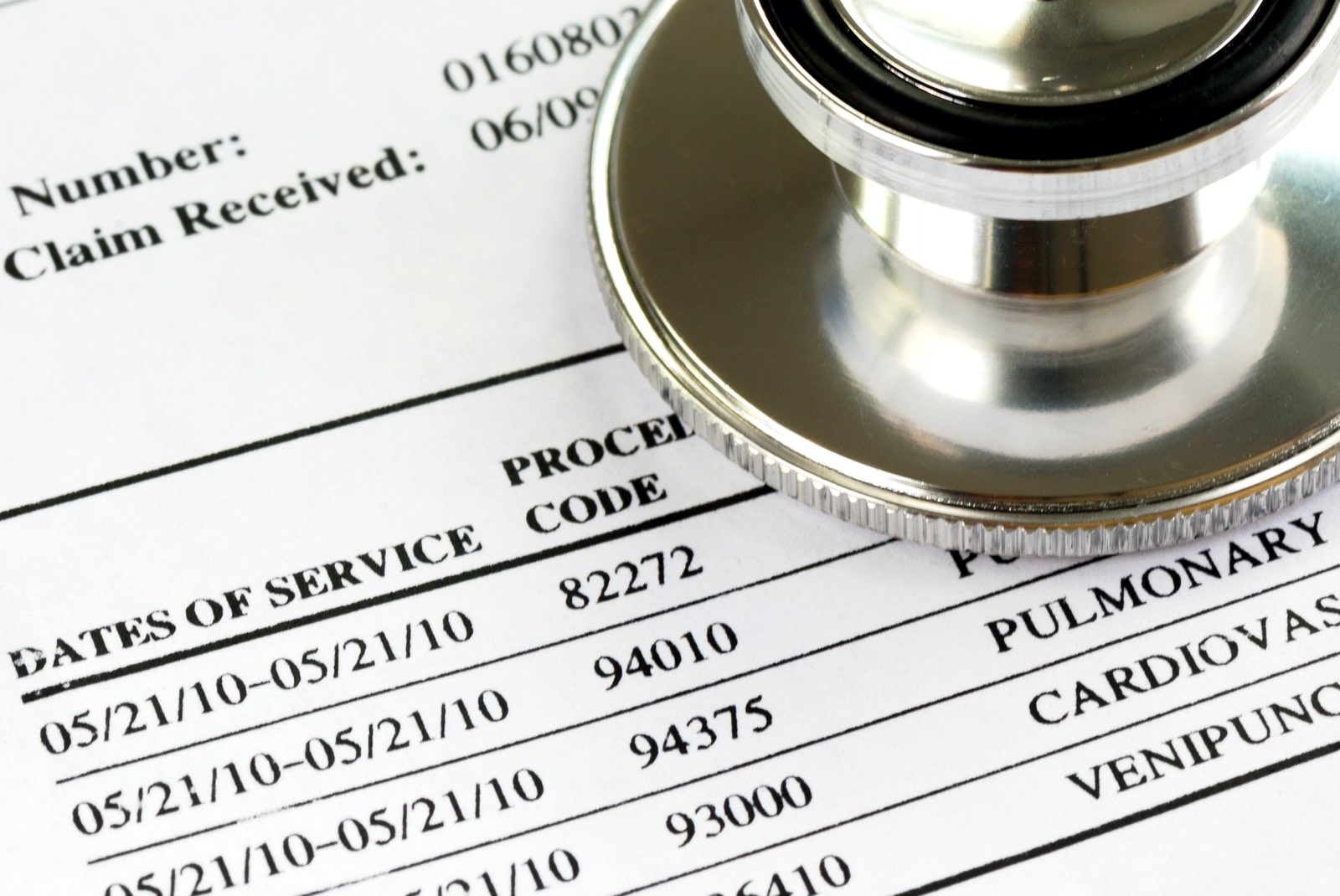Health issues can arise unexpectedly, and medical care can be expensive. In the U.S., medical costs have continued to rise, while income growth hasn’t always kept pace. Combined with the fact that many Americans are uninsured or underinsured, unexpected medical events can sometimes lead to financial strain.
Medical debt can begin suddenly—from an injury, illness, or ongoing health concern—and may quickly add up. While every situation is different, medical debt is a common issue, and many people face it at some point.
How Does Medical Debt Affect Your Credit?
Before exploring relief options, it’s helpful to understand how medical debt may affect your credit.
Medical debt is often treated differently than other forms of consumer debt. For example, most purchases made with a credit card are voluntary, while medical expenses are typically unexpected.
Because of this, medical providers don’t always report unpaid balances immediately. In many cases, providers must wait between 60 and 180 days before reporting unpaid medical bills to credit bureaus.
Newer credit scoring models, such as the FICO 9 scoring system, generally weigh medical debt differently than other types of debt. However, lenders that still rely on older models may view medical collections more negatively, which could result in a noticeable credit score drop. Over time, the impact may lessen, especially if the debt is resolved.
Unpaid medical debt can remain on your credit report for up to seven years from the date it becomes delinquent. How long creditors can pursue collection varies by state and may range from a few years to a decade.
Your Medical Bills Deserve Attention
There are several reasons not to ignore medical bills.
First, unpaid bills generally don’t disappear on their own. Setting them aside without review can make it harder to address the situation later.
Second, medical billing is complex. There are tens of thousands of diagnosis and procedure codes, and billing errors are relatively common. Estimates suggest a significant portion of medical bills may contain inaccuracies.
Common issues can include duplicate billing errors, charges for canceled procedures, or incorrect quantities of medications. If something looks off, contacting the provider’s billing department can be worthwhile. Keeping copies of your bills is important, especially if you plan to pursue any of the options below.
Medical Bills May Be Negotiable
Medical bills are sometimes negotiable, particularly for patients experiencing financial hardship. This is more likely when someone genuinely cannot afford to pay the full amount, rather than when there’s simply a dispute over charges.
Providers may be willing to discuss payment reductions or alternative arrangements if it increases the likelihood of partial repayment. Calling the billing department, explaining your circumstances, and sharing what you may reasonably be able to pay could open the door to negotiation. Outcomes vary, but asking may be worthwhile.

You May Need to Better Understand Your Insurance
Reviewing your health insurance policy can help clarify expected copays, deductibles, and in-network versus out-of-network costs. Comparing your bills against what your insurance should cover may help identify discrepancies.
You may also have the option to appeal insurance denials. If a claim was denied as elective, cosmetic, or experimental, you can typically submit a formal appeal. While approval isn’t guaranteed, insurers sometimes reverse decisions upon review.
Don’t Have Insurance? Assistance May Be Available
Receiving care without insurance doesn’t always mean you’re responsible for the full billed amount. Many hospitals offer financial assistance or charity care programs for qualifying patients.
Additionally, some individuals without insurance may qualify for Medicaid. In many states, Medicaid can retroactively cover eligible medical expenses for up to 90 days prior to application, though timelines and eligibility rules vary.
Can Medical Debt Be Consolidated or Restructured?
Some people use financing options—such as cash-out refinances, second mortgages, or home equity lines of credit—to cover medical expenses. While this can help restructure debt, it also involves additional risk and should be considered carefully.
If you own a home, tapping into your home’s equity may be one way to manage medical bills, depending on interest rates and long-term affordability.
What Are Medical Bill Advocates?
Medical bill advocates review medical bills for errors and may negotiate with providers on your behalf. They can help identify inaccuracies and attempt to reduce balances.
These services typically charge fees—either hourly or as a percentage of savings—and may be most cost-effective for larger medical bills. Results vary based on the advocate, provider, and circumstances.
Bankruptcy Is an Option of Last Resort
For some people, medical debt becomes unmanageable despite exploring other options. In those cases, filing for bankruptcy may be considered as a last resort.
Medical providers can pursue collection actions, which may include lawsuits or wage garnishment. Bankruptcy has serious and lasting financial consequences, so speaking with a qualified professional before proceeding is important.
Medical Debt Is Common
Medical debt affects many Americans at some point. If you’re facing this challenge, there may be multiple paths to explore. Staying organized, asking questions, and reviewing available options can help you decide what approach may work best for your situation.






